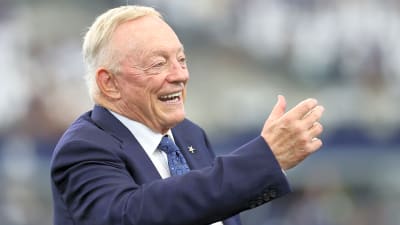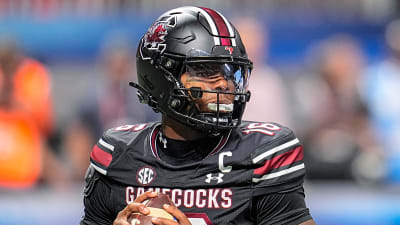
Is Orlando's new playstyle helping or hurting?
Are there any new winning habits taking shape for this Orlando Magic team?
Or are new goals actually hampering what this team does best?
Continuing an earlier piece of What's Wrong With The Orlando Magic after a rocky 1-3 start, let's spotlight where Orlando's new playstyle might be hurting as much as it's helping:
1. Faster Pace may hurt the defense
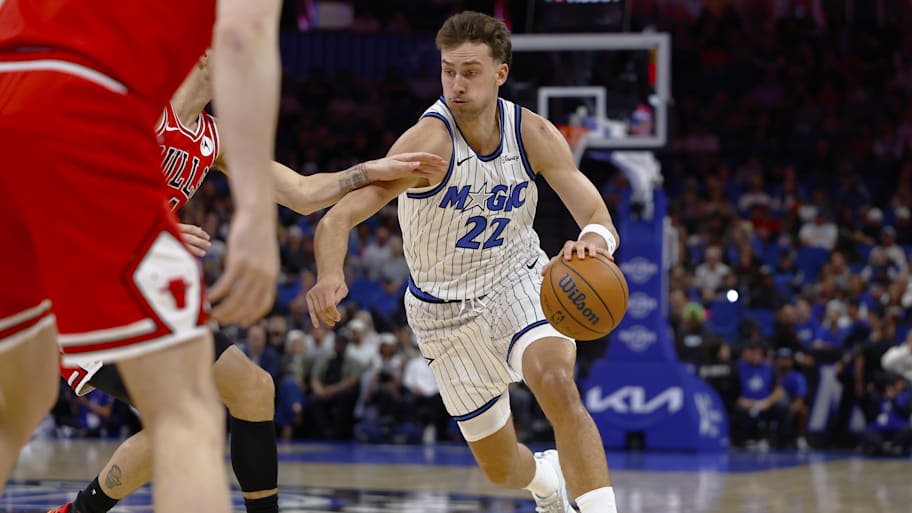
Orlando ranks Top-10 in one category you didn't see coming – Pace
The NBA's 8th-fastest team is creating more possessions than average.
The Good – less bogged down halfcourt offense where Orlando has trouble, more fast break opportunities where they thrive, especially running off forced turnovers, the team's bread and butter.
The Bad – players getting gassed quicker than normal with less time to get back on defense, opposing team can take advantage of faster pace with easier looks in transition instead of facing Orlando's elite halfcourt defense.
2. Crashing The Glass may hurt the defense
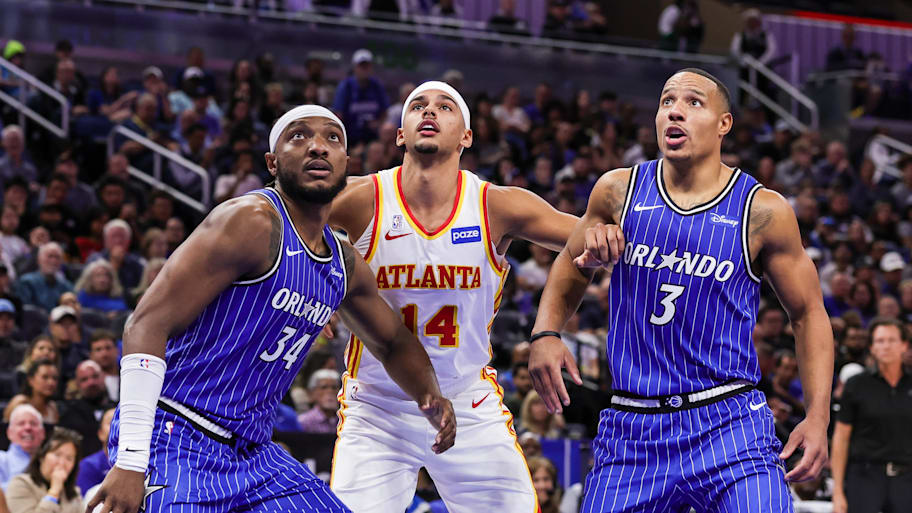
Rebounding is a staple of this Magic team.
As such, Orlando ranks 11th in ORB% and DRB% this season.
One trade off from crashing the glass is leaving your transition defense vulnerable; if more players are hunting offensive rebounds, fewer are getting back to set up the halfcourt defense.
Orlando prioritizes rebounding, a logical move given their ginormous positional size and the value of 2nd Chance Points for this team.
Can the Magic keep their defensive identity in tact while actively doing things that make it harder to play defense?
3. Player Positioning - Court Mapping
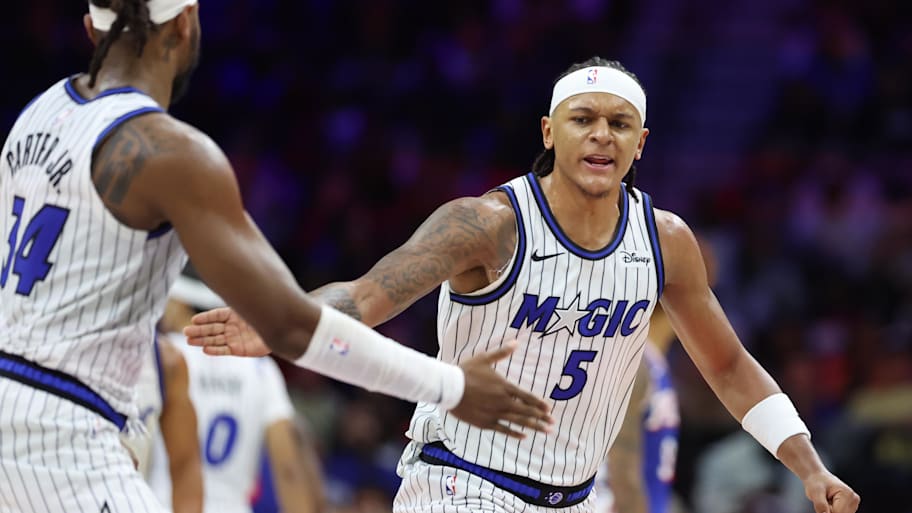
Which spots on the court maximize spacing and skillsets for everyone?
When should players stand still, cut through the paint, or relocate off ball?
Who should initiate the set, finish the set, and play connector within the set?
These questions are still being answered through trials and tribulations.
The team will learn more as they play more together, but there will be growing pains to build chemistry.
4. Coaching - Playcalling vs Schemes
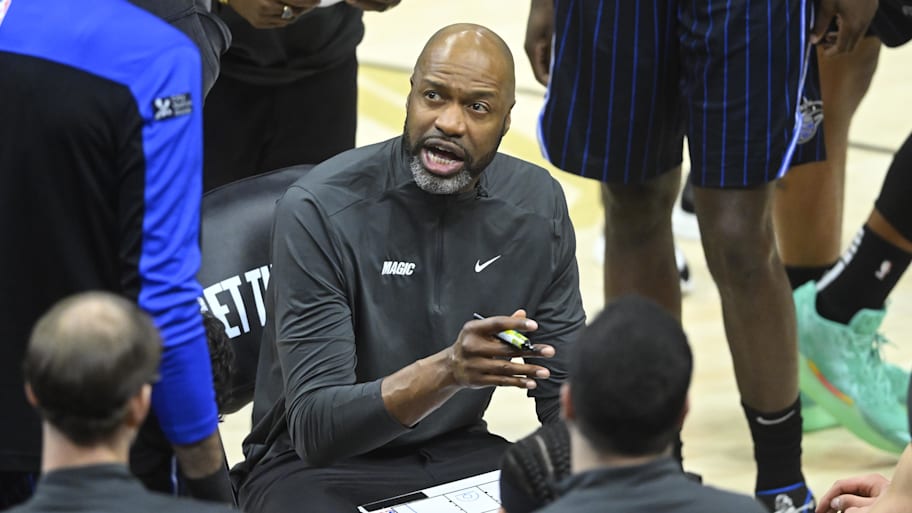
There's no problem with a team using the regular season to experiment with ideas, actions, and lineups, as long as the team stays competitive.
Contenders have the luxury of treating the regular season like a warm-up mile; less heralded teams still have something to prove.
The Magic bolstered their bench with experienced assistant coaches this summer; how is Joe Prunty's offensive makeover and God Shammgod's skill development factoring into everything?
Can Jamahl Mosley incorporate their principles without losing the elite defensive identity he helped establish?
This team desperately needs reliable halfcourt shot creation; with 4+ capable initiators to choose from, the next decision is delineation – how much should this team lean on what it does well while it searches for areas where it could be great?
Orlando must answer this offensive riddle: how does this team balance the dependable actions of Franz Wagner P&R and Paolo Banchero ISO with new plays utilizing the spacing of Desmond Bane and Jalen Suggs?
Building an offensive scheme where players feel comfortable running a multitude of dependable actions within that scheme is the ideal.
5. Divvying up On-Ball Usage for Stars
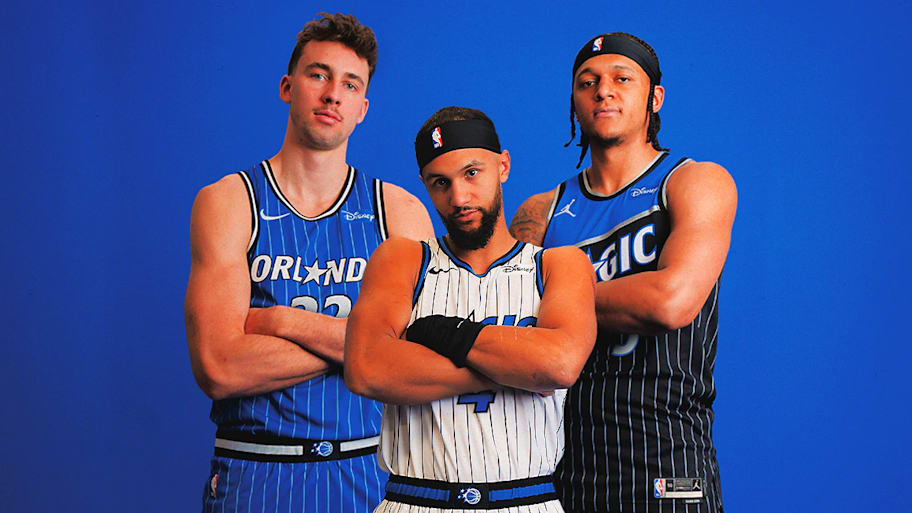
What's the best way to utilize Bane, Suggs, Wagner, and Banchero together?
Wagner on ball is a good place to start; his team shot creation has proven to work anytime the team sets him up with a screen leading into the paint.
Banchero is a killer north-south force, nearly unstoppable attacking the rack with a head of steam. Getting Paolo moving before he gets the ball should help, whether it's in ISO starting from halfcourt or rim-rolling after a screen.
Bane's 3pt gravity is otherworldly; how does the team best capitalize on that gravity on and off the ball? Will defenses bend more with Bane creating off the dribble or will it open up more gaps by Bane spotting up or relocating on the perimeter?
How does Suggs' playmaking and 3pt development factor in? How often should Suggs be initiating compared to spotting up as a closeout-attacking super connector?
While all these skillsets are complementary on paper, deciding what actions maximize everyone's strengths while minimizing their weaknesses remains the challenge at hand.
One Orlando Magic Player is secretly dominating team's advanced metrics
Wagner attacking paint among 3 Keys to Magic win in Philadelphia
Orlando Magic offense has a trick up its sleeve
More must-reads:
- NBA making significant change with officiating
- Pride may keep Mavericks from making the right move with Anthony Davis
- The 'Most 2,000-point NBA seasons' quiz
Breaking News
Trending News
Customize Your Newsletter
 +
+
Get the latest news and rumors, customized to your favorite sports and teams. Emailed daily. Always free!
